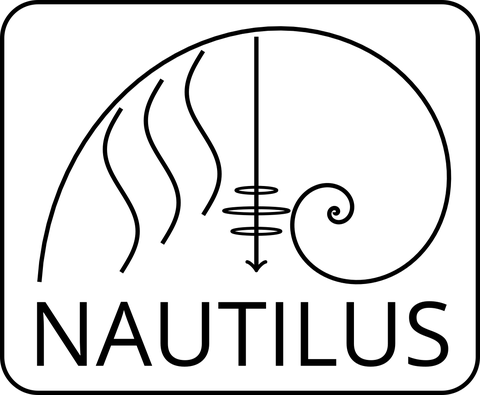NAUTILUS
NAUTILUS: Development of Experimental Methods for Investigating Innovative Approaches to Nuclear Waste Management and to Nuclear Safety
|
Project Leader: |
Dr.-Ing. Dipl.-Phys. Marco Viebach |
|
Contributors: |
Dr.-Ing. Dipl.-Phys. Marco Viebach |
| Duration: | 03/23 bis 02/28 |
|
Funding: |
Federal Ministry of Education and Research |
|
Funding Code: |
02NUK079 |
| Cooperations: | University of Liverpool |
Description
What happens to spent fuel from nuclear reactors? In Germany, direct final disposal in deep underground formations is stipulated by law. However, international research also deals with further treatment of highly active nuclear waste. In this context, the research project NAUTILUS and the Junior Research Group NAUTILUS, with its leader Dr. Marco Viebach, three PhD students, and one technician, focus on the molten salt reactor technology with an integrated salt treatment system. This interdisciplinary topic in waste-management research and reactor safety research is excellently suited to train young scientists for preserving competence in Germany and to be able to evaluate and influence future developments.
The aim of the research project is to use the training reactor AKR-2 of the TU Dresden to provide generic experiments for future chloride-based molten salt reactors and to develop the corresponding methods for that purpose. In particular, the influence of the degree of enrichment of Cl-37 on the reactor physical properties will be investigated using modern pile oscillator, neutron transmission and neutron scattering methods in order to evaluate the uncertainties of the existing cross section data. As a prerequisite of these investigations, the characterization of the AKR-2 neutron field has to be improved up to the quality required, e.g., for validation tasks. Complementary and mutually supportive, the reactor and the experimental arrangements are represented by reactor-physical simulations. The project concludes with an evaluation of the concept with special regard to the suitability for further treatment of spent fuel and with regard to reactor safety.


